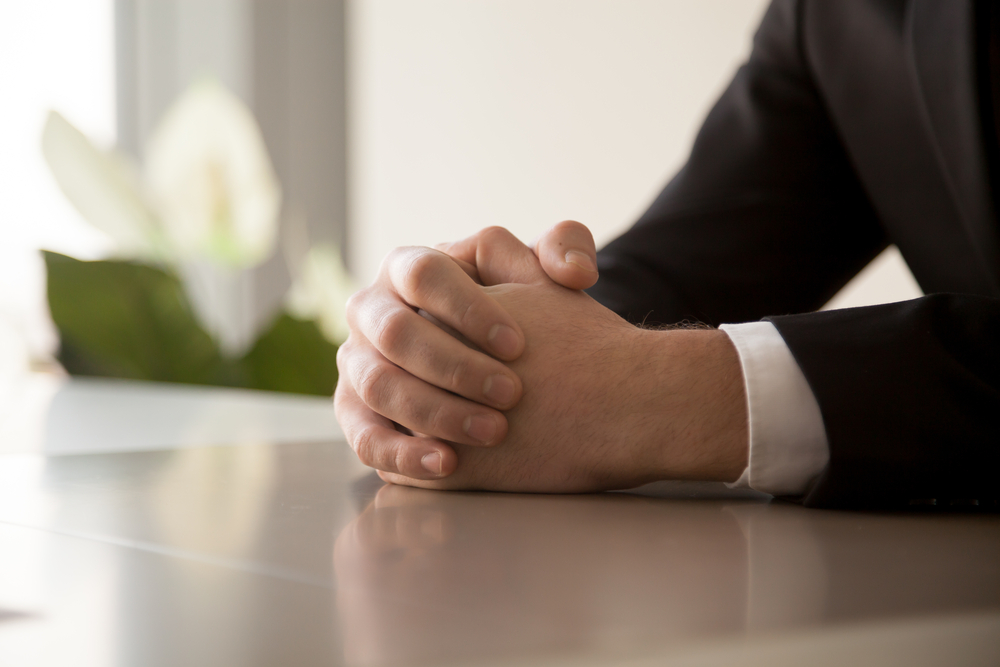Could Artificial Nails Be Used for Medical Purposes?
Answered by Shaykh Irshaad Sedick
Question
I have a family member who has a problem with nail-biting and picking. It has become so bad that it has been the cause of several severe infections and can reach a state of even needing operations. They pray and make ablution and have not tried things like nail barriers for fear of the ablution being invalid.
However, I would like to ask, in these situations where their health is at risk, can they get nail extensions for a few months until they can get their nails to heal and still have valid Salah?
Answer
In the Name of Allah, the Most Merciful and Compassionate. May Allah alleviate our difficulties and guide us to that which is pleasing to Him. Amin.
Suppose a knowledgeable and reliable (preferably Muslim) physician advised the usage of artificial nails for the medical purposes you mentioned. In that case, it could be adopted and treated like bandages in Sacred Law, and Allah knows best.
We advise that you follow the Hanafi ruling for this situation. As usual, one should perform the Purificatory Bath (Ghusl) and wipe more than half of the bandage/plaster (each nail) with wet hands, and Allah knows best.
Please note: Strictness on the question (‘azima) is to follow the Shafi’i ruling (below), while the dispensation (rukhsa) is to follow the Hanafi School (below).
The Shafi’i Ruling
The Shafi’i school is the hardest in this matter, insisting on a complete ablution except for the injured part. A complete dry ablution must be performed at the appropriate point in the ablution sequence in place of washing the wounded part. [Keller, Reliance of the Traveller]
If someone has a cast or dressing harmful to remove, it must be first applied when one has ablution, and after that, one must wipe it with water when one comes to it in the ablution sequence and perform a complete dry ablution at that point. Finally, when someone with such a bandage on the members of dry ablution (the face or arms) recovers and has his cast or dressing removed, he is obliged to make up (re-pray) all the prayers he performed with such an ablution. [ibid.]
The Hanafi Ruling
The Hanafi school requires someone with an injury who wants to pray to make a complete ablution (or bath, if needed). But if this would entail harm, when he comes to the injury in the ablution sequence, he is merely required to wipe it with wet hands to cover more than half of the injury. If this would also entail harm, or if he has a bandage that cannot be removed without harm or he cannot reapply the dressing by himself and has no one to help him to do so, then he wipes more than half the bandage when he comes to it in his ablution. He may pray with such ablution and need not repeat the prayer later [al-Hadiyya al-’Ala’iyya]. When applying the dressing, he doesn’t need to be free of minor or even major impurities (janaba). [Maydani, Al-Lubab fi Sharh al-Kitab]
Additional Precautionary Measure
There is strong evidence for performing dry ablution (tayammum) instead of washing such an injury. To add it at the appropriate point of the ablution sequence as a precautionary measure would not interfere with the validity of following the Hanafi position discussed above. [Keller, Reliance of the Traveller]
I pray this is of benefit and that Allah guides us all.
[Shaykh] Irshaad Sedick
Checked and Approved by Shaykh Faraz Rabbani
Shaykh Irshaad Sedick was raised in South Africa in a traditional Muslim family. He graduated from Dar al-Ulum al-Arabiyyah al-Islamiyyah in Strand, Western Cape, under the guidance of the late world-renowned scholar, Shaykh Taha Karaan.
Shaykh Irshaad received Ijaza from many luminaries of the Islamic world, including Shaykh Taha Karaan, Mawlana Yusuf Karaan, and Mawlana Abdul Hafeez Makki, among others.
He is the author of the text “The Musnad of Ahmad ibn Hanbal: A Hujjah or not?” He has served as the Director of the Discover Islam Centre and Al Jeem Foundation. For the last five years till present, he has served as the Khatib of Masjid Ar-Rashideen, Mowbray, Cape Town.
Shaykh Irshaad has thirteen years of teaching experience at some of the leading Islamic institutes in Cape Town). He is currently building an Islamic online learning and media platform called ‘Isnad Academy’ and has completed his Master’s degree in the study of Islam at the University of Johannesburg. He has a keen interest in healthy living and fitness.
